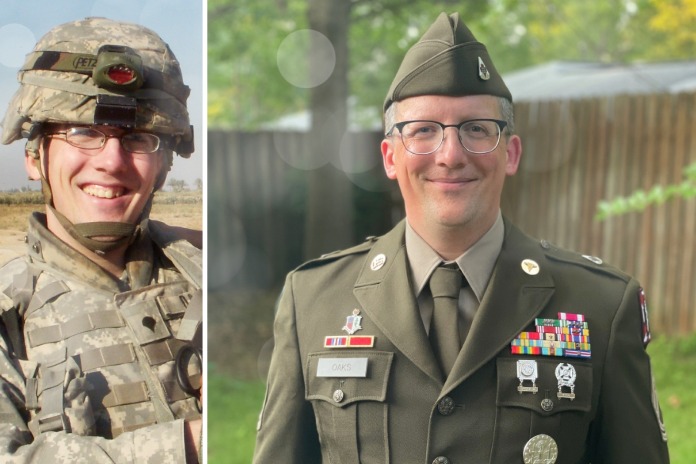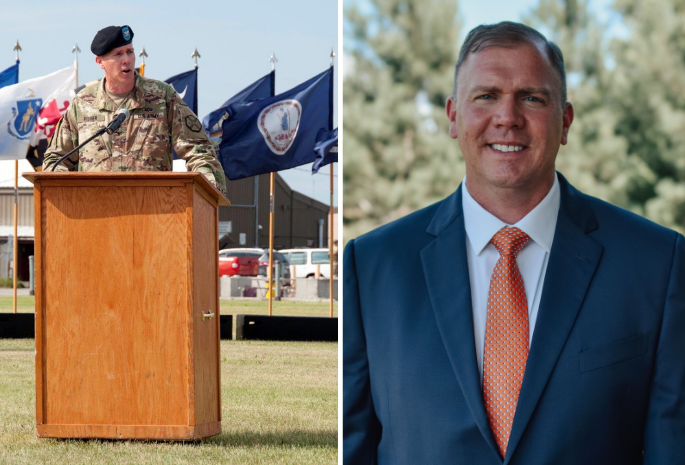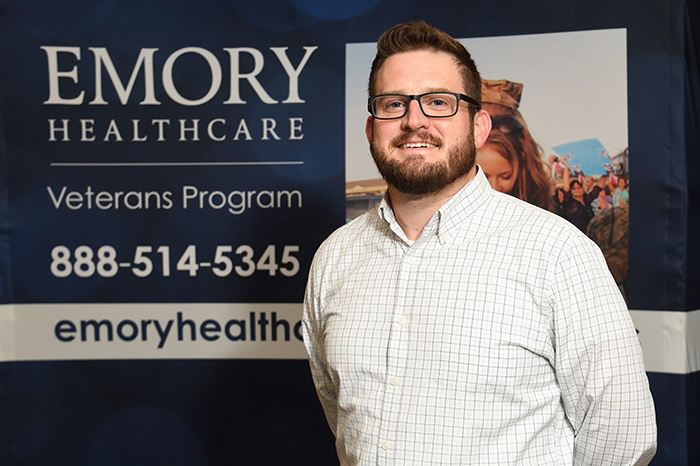After resigning from his job, Daniel found himself in an uneasy retirement and fell into a depression. He was ready to make a change.
Through his involvement with veteran service organizations, he was introduced to the Emory Healthcare Veterans Program. He applied for and was offered acceptance into the program. He enrolled in the Accelerated Brain Health Program with a clear goal: to give it everything he had.
“I made a checklist of things I wasn’t going to do—like going to the gym—so I could fully focus on healing.” He didn’t expect it to be easy, but he was ready. “I knew it would be hard, and I was okay with that. I understood that it’s only going to work if I give it everything I’ve got.”
The daily prolonged exposure therapy was intense. He revisited painful memories, again and again, peeling back layers of trauma. But in doing so, he also uncovered moments of joy and connection that had been buried.
“I started remembering the camaraderie. The trauma had covered it all up.”
The program’s cognitive rehabilitation helped him manage his TBI and rebuild structure in his life. He now uses tools like Google Calendar daily. In-vivo exposure therapy, a type of exposure therapy in which individuals directly confront feared objects, locations, or situations in real-life settings, helped him face his anxiety head-on—emerging from the closed-off life he had built. “I went grocery shopping, rode MARTA, even got stuck in traffic on purpose—just to face it.”
The program also strengthened his most important relationship. “My wife and I even had a few sessions together while I was in the program. That helped a lot. It was like unlocking a door to a room we didn’t even know we had locked.”
Purpose, Presence and Paying It Forward
 Since completing the accelerated treatment program, Daniel has embraced a new routine he calls “The 25th Hour.” He says, “I go to bed an hour earlier, wake up an hour earlier. That’s your 25th hour.”
Since completing the accelerated treatment program, Daniel has embraced a new routine he calls “The 25th Hour.” He says, “I go to bed an hour earlier, wake up an hour earlier. That’s your 25th hour.”
He uses that time to practice gratitude, center himself and start the day with intention. He shares his journey through Facebook Live and a blog he’s building—hoping to inspire others.
“I was used to being isolated, so being around people could feel overwhelming. But since I returned from the Emory Healthcare Veterans Program, I’ve gone out more. I’ve been to the coffee shop, had some great conversations, and spent intentional time with my wife. We took a weekend trip to Mount Pleasant. That meant a lot.”
Today, Daniel lives with clarity and connection. “I’ve struggled quietly for so long, but when I do, I disappear. Only my wife really knows,” he said. But now, he’s not disappearing. He’s showing up—for himself, for his family and for his fellow veterans. As he puts it: “I’m just the dude who’s lived a lot of life and is grateful to be alive.”
His advice to other veterans considering the Emory Healthcare Veterans Program?
“Go in ready to do the work. Be willing to grow and change. If you put in the effort, you will move forward.”


 Daniel joined the Army in 1998 at age 22, serving as a general construction equipment operator in a combat engineer unit. His work involved explosives and high-risk operations.
Daniel joined the Army in 1998 at age 22, serving as a general construction equipment operator in a combat engineer unit. His work involved explosives and high-risk operations. Since completing the accelerated treatment program, Daniel has embraced a new routine he calls “The 25th Hour.” He says, “I go to bed an hour earlier, wake up an hour earlier. That’s your 25th hour.”
Since completing the accelerated treatment program, Daniel has embraced a new routine he calls “The 25th Hour.” He says, “I go to bed an hour earlier, wake up an hour earlier. That’s your 25th hour.” 

